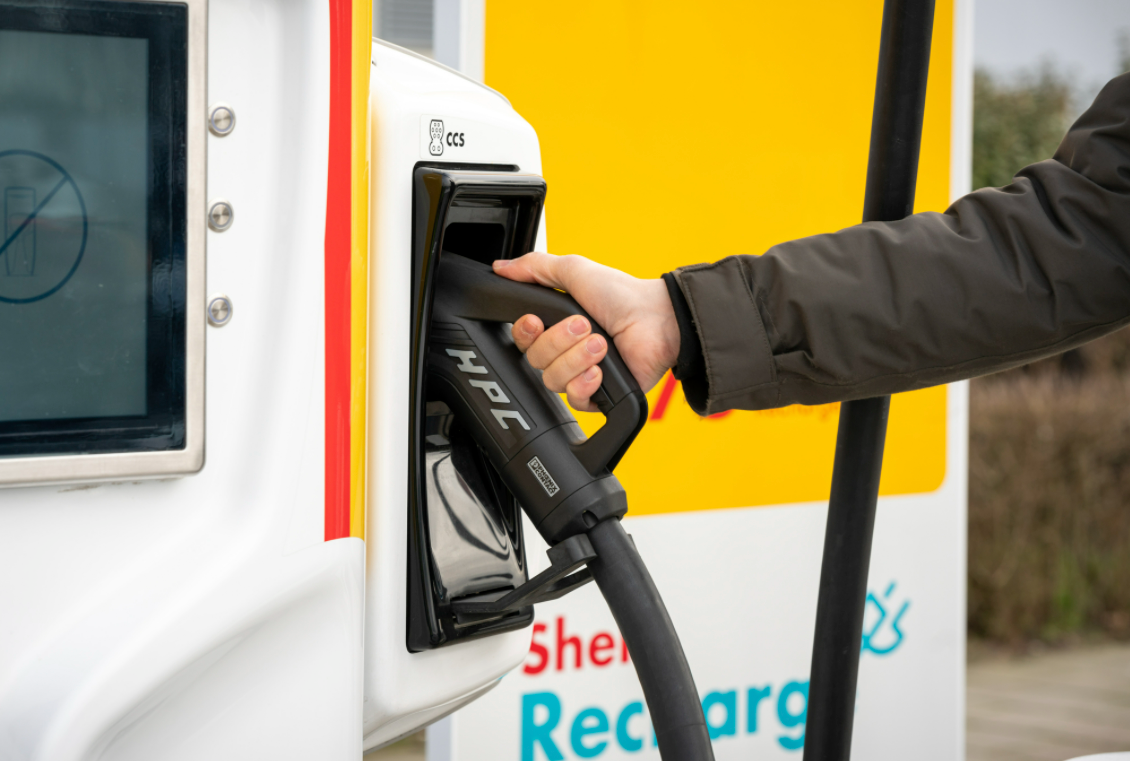
Shell opens first ‘all-electric fuel station’ in heart of Brussels

Shell has opened the first all-electric service station in Brussels /Shell
In Etterbeek, near the Shuman traffic circle, the first all-electric fuel station on Brussels territory has opened. Shell's public charging


Comments
Ready to join the conversation?
You must be an active subscriber to leave a comment.
Subscribe Today